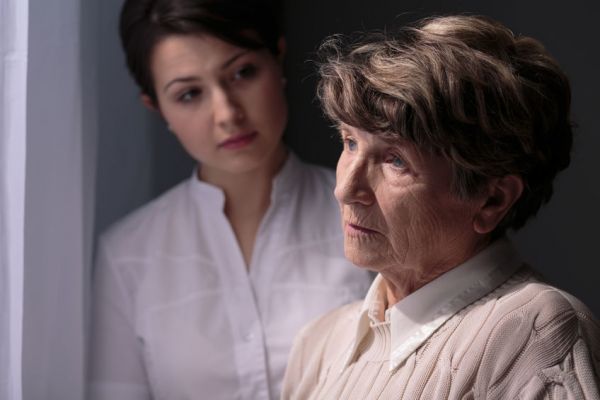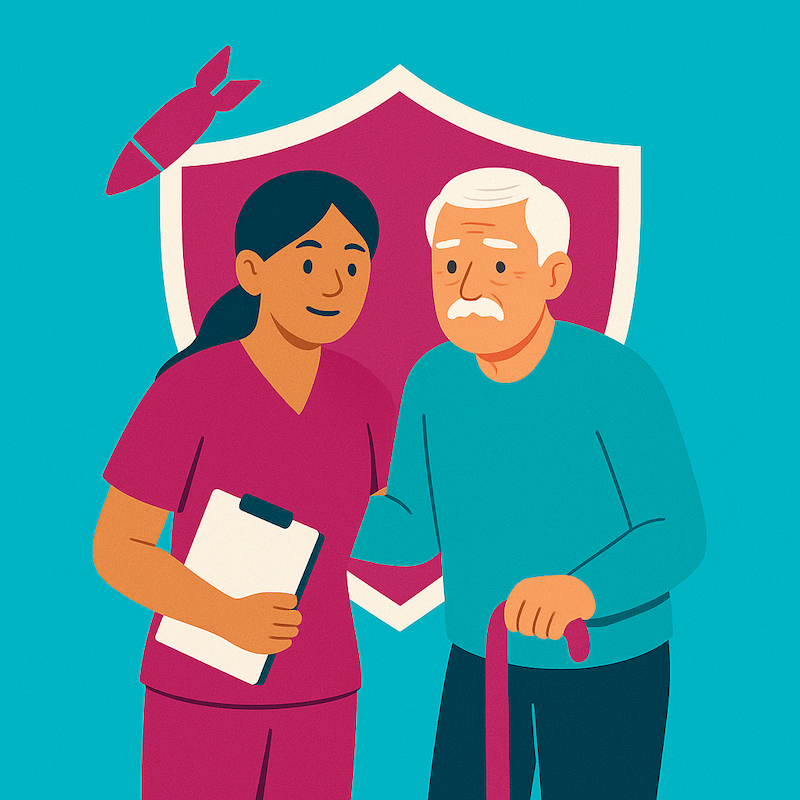Why Elderly are Vulnerable to Abuse
The iSavta Team | 29.01.2020
Most of these abuses are from Caregivers and even immediate family members. It is a repeated conscious act without proper action from authorities simply because the elderly themselves are afraid to report the incident when it happens.

Aside from their lack of physical ability to fight back, there are also other reasons why the elderly people are vulnerable to all forms of abuse:
- Depression in the Caregiver - Not all caregivers are the same but some of them has a different way of coping up with the overwhelming responsibility of Caregiving. When depression strikes, the caregiver can no longer respond to reason and develop a projection of anger towards his/her patient. This oftentimes leads to verbal and physical abuse.
- The elderly’s illness - Because of their illness, like dementia or alzheimer’s disease, the elderly themselves are capable of inflicting injuries to their caregivers. This will often consider as aggression to caregivers who doesn’t fully understand the condition of the patient. Caregivers will eventually find a way to defend themselves against this aggression which forces them to fight back instead of discussing the situation with the family members.
- Elderly is incapable of dealing with his/her finances - Oftentimes, financial exploitation happens when the elderly can no longer keep track his/her finances. One of the immediate family members will take the responsibility and exploit the elderly. It is much worse for people who don't have a family of their own. A distant relative, a lawyer or even the Caregiver will sometimes take over and that will cause a problem with the elderly’s finances.
- Lack of Support from Family Members - All members of the family are busy with their lives and they entrusted everything to the Caregiver. Without checking in, they oftentimes ignore the signs of abuse or seem to notice the changes in the elderly’s appearance and behavior.
- Mental incapacity to understand - Some patients are already confined to bed and wheelchair and can no longer function without help. Most of these patients can no longer talk and make decisions for themselves. They are the most vulnerable patients and can experience different kind of abuses from people.
The best way in making sure that the elderly person is safe is to check on them as often as possible. Take note of their physical and mental state. Do not ignore their anxiety and the bruises if there’s any. Some people even install cameras at their elderly’s home for their peace of mind.
As a caregiver, you also have to be vigilant with the people surrounding your elderly. If you suspect abuse, do not hesitate to report it to authorities or to your agency.











